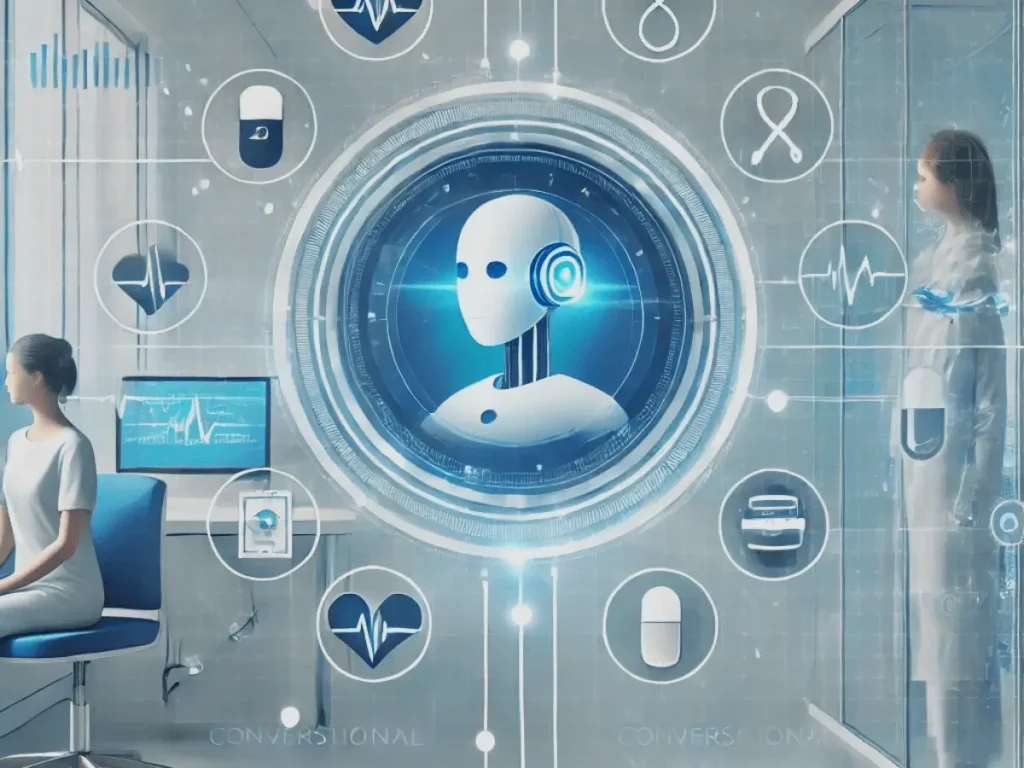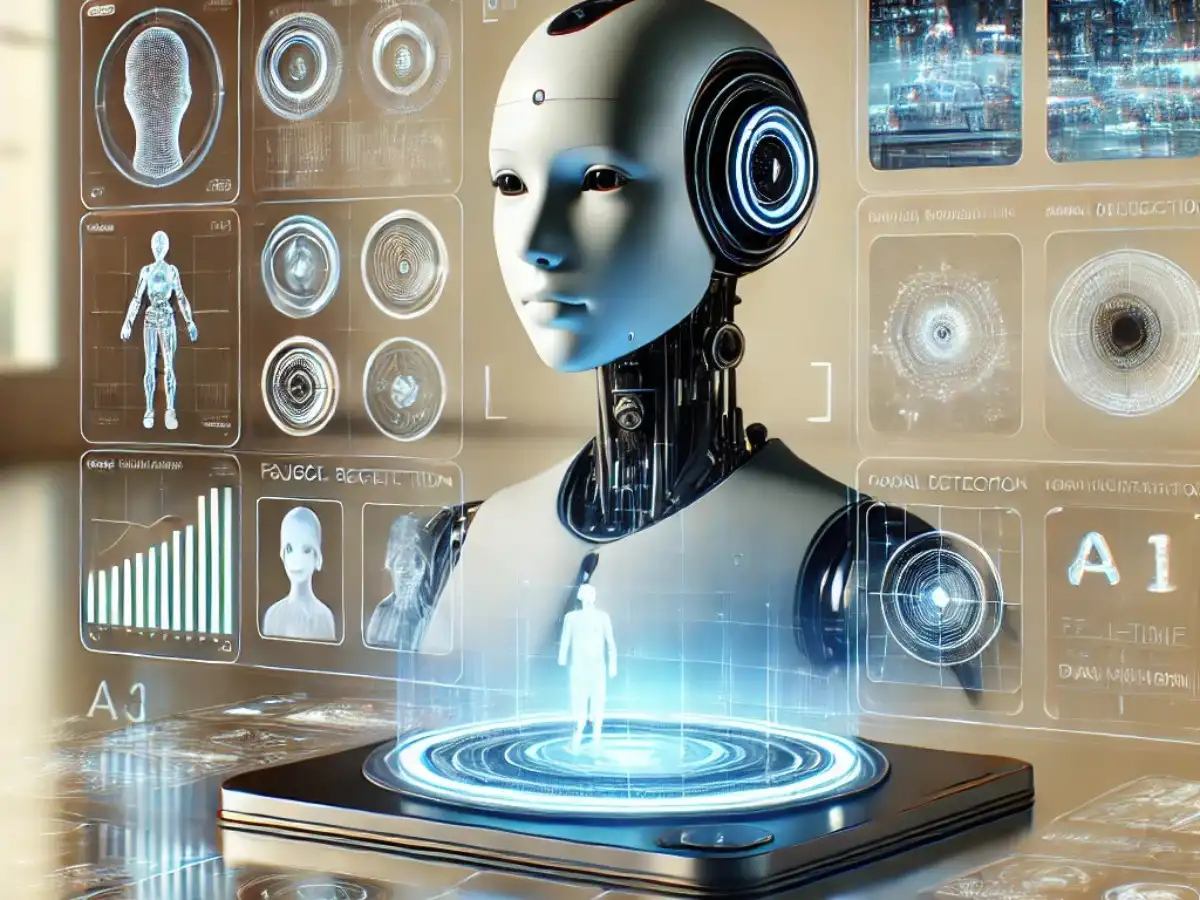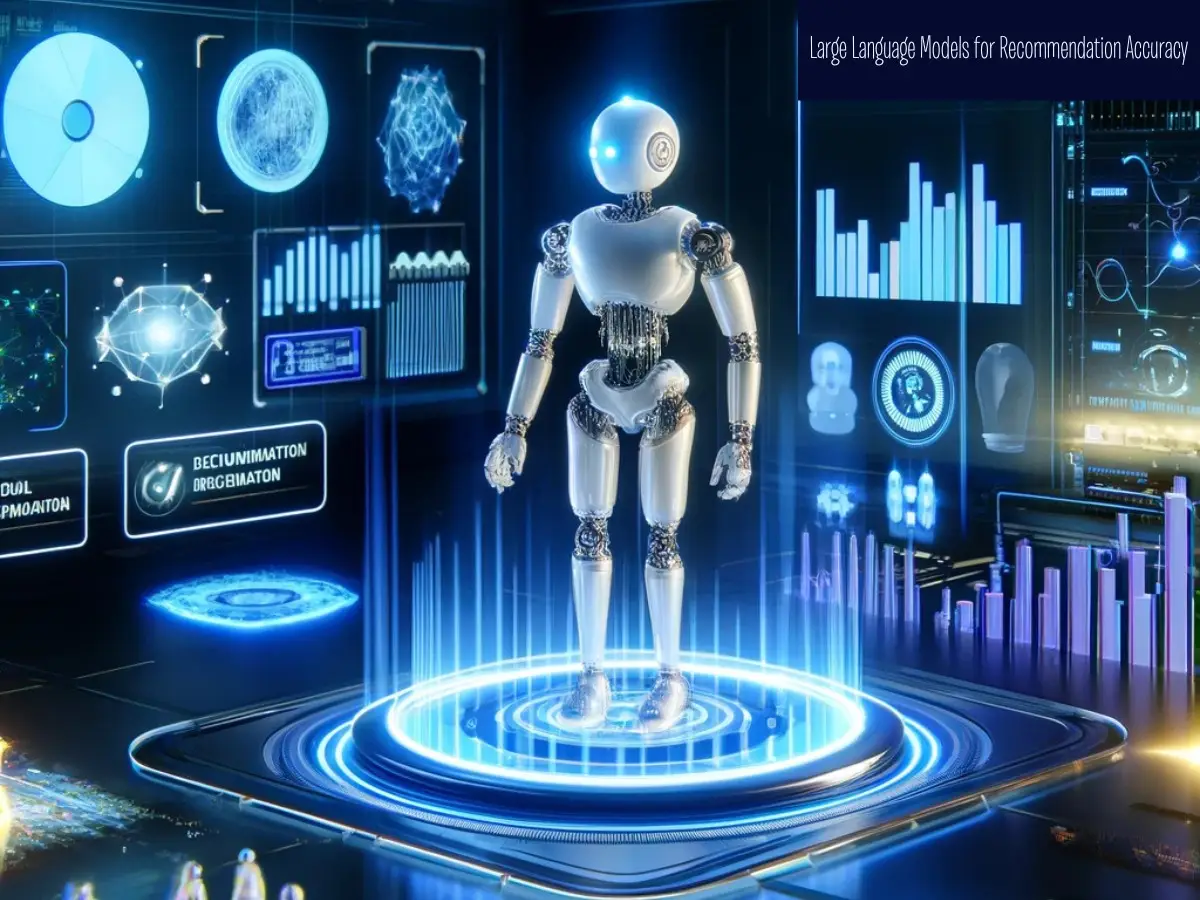Picture entering a hospital and immediately getting assistance from an AI that can fully comprehend your problem, facilitating your navigation through the mess of medical procedures. With conversational AI in healthcare, this kind of scenario is not something to expect in the future, it is emerging as reality. The systems enhance patient engagement by giving out customized, efficient and timely information thus taking the healthcare experience to possibilities that were once unimaginable. In this blog we get to know how conversational ai in healthcare revolutionizes patient care.
Grasping the Concept of Conversational AI
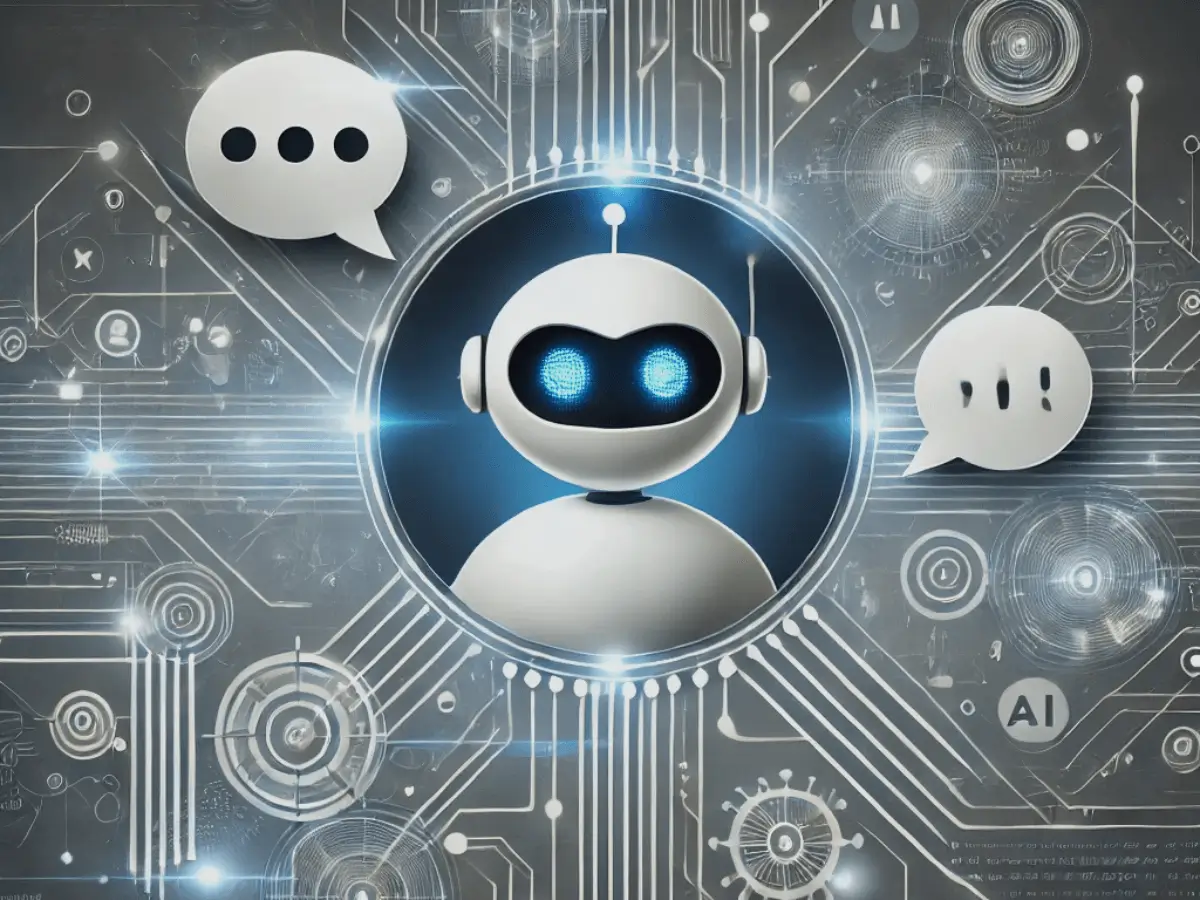
Conversational AI has been said to be of the edge of the technology evolution, changing how people would conduct communication through technology in one place or the entire world.
To summarize, conversational AI is a very advanced technology that utilizes natural language processing (NLP) and machine learning (ML) to automatically comprehend and translate human speech into a response. Such systems are not programmed bots but rather intelligent devices that learn consistently and become more and more efficient with every use in providing accurate and appropriate responses depending on the context in which that particular response is required.
To our surprise, these systems have the capacity to generate conversation similar to that in a normal day-to-day human discussion. They can change the interaction and the user experience from asking and responding to complex discussions by interpreting the language’s subtleties that help to build trust between the parties involved in the interaction.
The strength of AI-driven virtual interfaces, telemedicine, and diagnostics in the context of healthcare is huge and revolutionary, likely to achieve the highest degree of efficiency and optimize patient care in the most advanced manner possible. Automating these kinds of procedures enables systems to offload healthcare employees and let them do the more tedious, analytical aspects of medicine and more human qualities so businesses become more efficient in serving the customers with better results but with compassion and empathy that guides the treatment experience.
Read about Key Differences Between EHR and EMR
Advantages of Using AI Assistants in Healthcare
Efficiency in care delivery is a major turning point.
AI, with the help of chatbots, lectures the healthcare industry, for starters. It takes over questions and such processes assisting medical experts in interaction with patients who require acute attention. Another major contribution to the patients is the ability to reply instantly to inquiries made via the chatbots.
Reduction of these factors and plethora of other administrative tasks brings about saving of resources.
Particularly valuable in high-paced settings – where time may be the difference between when care is needed and when it is received interventional and negative outcomes by idle movement between various professional disciplines.
As well as enabling operational efficiencies, AI-powered analytics addresses personalization in healthcare. These insights ensure that medical practitioners can tailor their approaches to better suit individual patient needs, exemplifying an era where technology and empathy are one in the objective of improving the patient experience.
Streamline Patient Engagement
Because of conversational AI, it seems that healthcare providers will start to banish the historic gap in interactions, which is the basis for a more sensitive change. This change enables the patients to maneuver through complex healthcare environments with minimal complexity and at the same time provides the patients and triggered trust restoring and empowering communication.
Central to the improvement of interactions is the AI’s competence to tailor exact responses to users’ needs. The possibility of reminders or setting appointments for the desired treatment now seems to be on few clicks away. Thus, increasing the efficacy of care which in turn brings forth a more engaging and patient-oriented care hence meeting the goals of contemporary healthcare delivery.
Enhancing Appointment Scheduling
The advent of conversational AI in healthcare fundamentally transforms the booking process, as patients can now schedule their appointments at any time of the day without having to be attended to by staff members, which positively contributes to enhancing patient engagement as well as efficiency in healthcare services.
Streamlining the appointment process helps improve how the patients experience these touchpoints, which in turn increases their satisfaction and lessens the administrative workload for healthcare employees.
As healthcare facilities increasingly adopt conversational AI, schedule an appointment becomes easier and easier. This technology helps patients manage time slots and availability, and reminders, greatly reducing wait time.
AI-powered scheduling removes some of the stress from administrative personnel by automating and verifying the process, and frees up patients to take a more active role in determining when their needs are met.
Addressing Patient Queries Efficiently
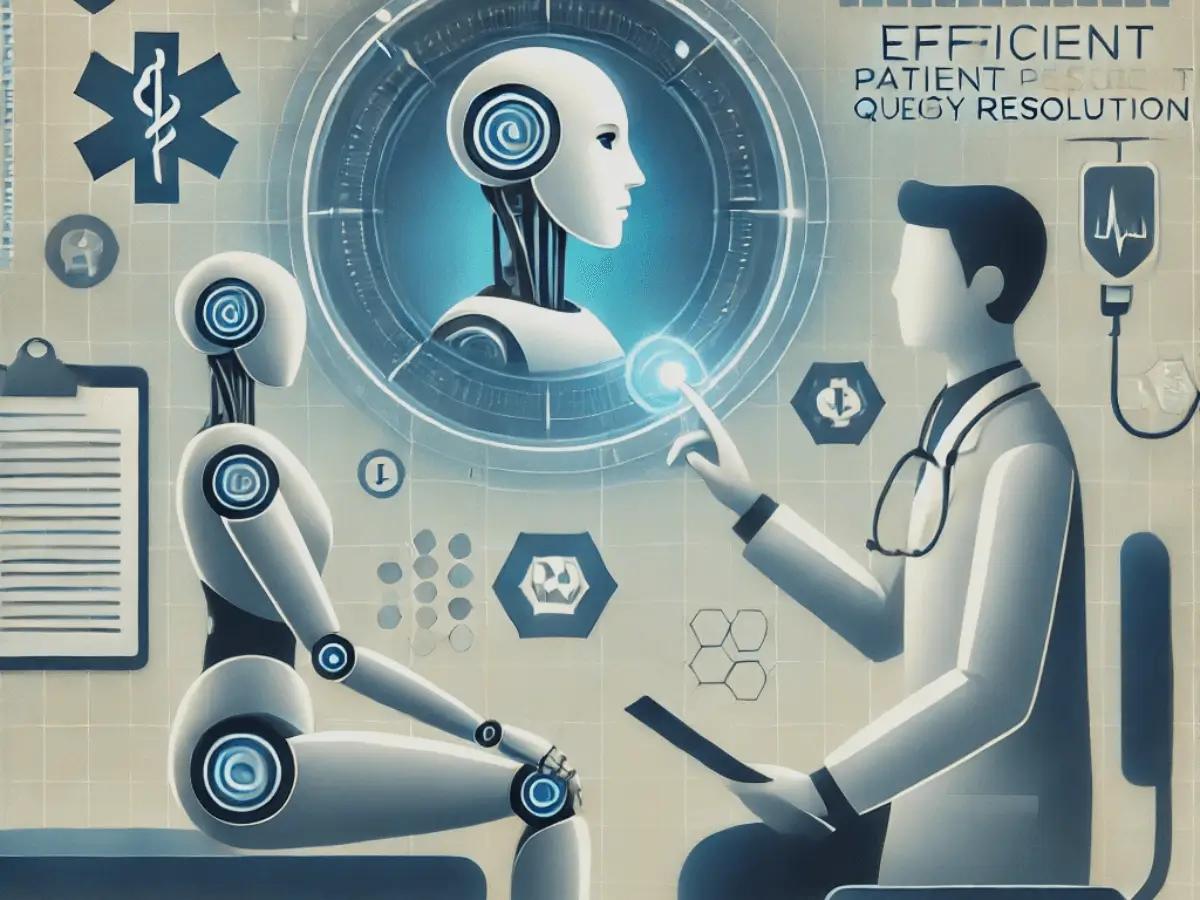
With the use of AI in healthcare, the burden of dealing with patient’s questions is made easier thus making contact much better for any individual.
Any patients who call regardless of time zones emergency or non emergency will be provided with accurate information about available services.
- Solutions from AI possess no noise.
- Increasing multilingual reach to new audiences.
- Targeted high volume problems are resolved.
- Responses to the queries are consistent irrespective of the number of times asked.
With AI applying a much lesser work-load on clinicians and staff members, more focus is placed on critical medical duties.
Proof of Concept of the Future Chatbots and Conversational AI therapists help patients to focus on the next conversation more whereas the previous one can be tackled later whenever it is more suitable for the patient.
Improving Patient Outcomes
Introduction of chatbots and AI into healthcare provides a very different world of looking after patients. Here, healthcare professionals will be able to devise customized interventions for every patient on an individual basis while also being able to help continuously the patient throughout the process which will fit their needs because AI is able to do this. Because of this customization, it would allow for improved compliance with treatment protocols, fewer hospital readmissions, and overall better patient satisfaction.
AI algorithms identify care patterns suggesting potential health improvements.
Patients benefit from intelligent monitoring systems that predict complications before they arise—enabling timely interventions. This proactive approach ensures that health issues are addressed promptly, minimizing the risk of escalation.
The incorporation of conversational AI in healthcare centers on maximizing patient outcomes and experiences to a level that surpasses the existing standards of care and this in turn changes the patient care model. Patient care models that are traditional will now be transformed with the advent of these technologies. The advancement of AI in integrated AI health systems solves these problems.
AI-Powered Personalized Care
Patients, healthcare service providers, and even doctors are taking the enhanced considerate and personalized care approach because they are witnessing the very beginning of revolution that AI brings in the healthcare sector. The real-world benefits of these advancements permit patients and patients to have services that are more effective and seamless.
IBM Watson introduced in 2016 that, maximizing data can help tailor cancer treatments based on individual patients. There were many other unique opportunities that came as a result of AI Watson’s unique and targeted approach.
Today AI has become a prominent player in the healthcare sector and its promise of being able to understand and process information tailored to an individual patient and their unique medical history has started to actually deliver on its promises.
Imagine the power of an AI that recognizes, tracks, and adapts to each patient’s unique healthcare narrative. From managing chronic conditions to customizing wellness plans, AI’s precision enhances care with rapid, evidence-based adjustments.
In personalized care, AI technologies, powered by machine learning, ensure patients receive resources precisely when they need them. Through advanced algorithms, they create an environment where care is both predictive and uniquely tailored.
Reducing Clinical Workload
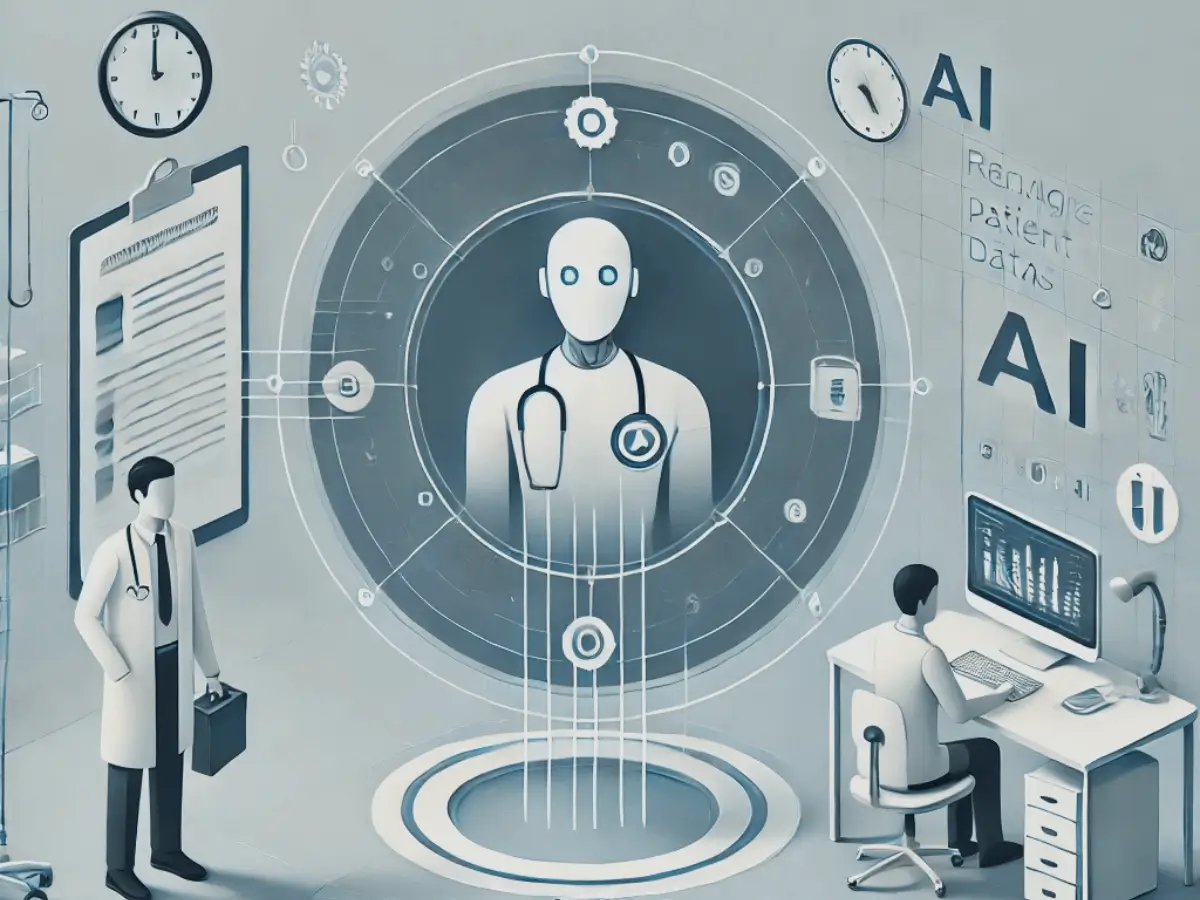
The role of conversational AI in healthcare is truly remarkable. As it is supposed to allow healthcare professionals to devote most of their attention to providing quality patient care instead of getting down by a variety of tasks such as appointment follow-ups and reminders. The advancement of technology is a clear indication of what the future of medicine will be like as every practitioner dreams of a world where care will be at the core of medical practice.
According to recent studies, AI dominated engagement in any clinical, routine, non-routine or operational roles employed by the clinicians. As a result, it is clear that major changes will occur and even now occur in the global healthcare system where the priorities and goals of care will take on a completely different meaning.
Automating Administrative Task
The tremendous advancement of healthcare today will compensate for the heavy workloads that hospitals and clinics are barely able to manage due to a lack of funds or employees. Care will focus on patients and no longer on managing mountains of paperwork. Certainly, the era we have long been waiting for is coming with AI, from scheduling appointments to dealing with insurances.
AI analytics and technology are already leading the way, whether it’s helping to prepare data and extract meaningful information or taking the lead in new interventions altogether. We do now and have been working hard to integrate AI seamlessly into health systems worldwide. So, we can both today and in the near future witness the emergence of a new world in which the means of a tough battle are AI and technology.
This improvement in efficiency allows healthcare providers to concentrate on the primary function that of taking care of patients. By getting rid of the unnecessary burden of office administration, they will be able to practice medicine in a more active way that is more humane and connected and responsive. This technological progress makes us closer to what caring truly means.
Supporting Diagnosis and Therapy
Imagine conversational AI in healthcare, an incredible solution that enhances the effectiveness and efficiency of diagnosis and treatment.
In this vein, the AI can dig into these data banks to find the details that improve the precision of clinical evaluation. Not only does this make redundancies less likely to happen, but it also augments medical professionals’ work with facts.
Furthermore, these systems provide a sound starting point for succession of personalized medicine practice. Using the datasets of patients, the AI identifies the patients’ characteristics and comes up with treatment plans applicable to the specific groups of patients with the aim of improving patients’ outcomes. This way, clinicians are able to provide patients with the type of treatment that blends with their needs, not just aspects of it.
This trend has to continue in future as goals and objectives are harmoniously encapsulated within patient, technology and the processes of diagnosing and treating. The technology will remove issues of lack of interoperability and alignment as well as elevate the level of the clinical decisions making regarding the provision of the type of health care the patients are looking for.
As we tread this promising path, the goal remains to optimize healthcare outcomes with a human touch, driving us ever closer towards a future were empathy and technology work cohesively.
Improving Experiences of Telehealth
Conversational AI has significantly expanded the range of services offered through telehealth, allowing new types of patient interactions that are more engaging as well as more responsive. With conversational AI, telehealth services are unambiguous and definitely directive in practice.
Patients can brought to nurse or even physician lines of talking that are closer to contact in practice and active involvement gets improve. Conversational AI-equipped tools help healthcare providers to stay in control by providing prompt assistance to patients at the right time.
The healthcare process for patients is easier via this technology by eliminating wait time especially in the case of patients in rural or poor locations. Dedicated AI systems enable efficient triaging of patient requirements, sorting of urgent cases and smooth rescheduling of missed follow-up appointments.
Patients are able to tailor their experience by using AI through analyzing their data to provide video advice on the required healthcare. It does this by connecting with the history of the patient in the electronic medical collaborative approach.
Patients can take empowerment into their own hands and look after themselves, assisted by an AI telehealth service that sends them reminders to take medication and provides educational material: a large part of self-care. This proactive step creates healthier patient populations and reduces the pressure on healthcare systems.
At the very least, the growth of intelligent chatbots speaks to a time where telehealth will embed in strong across doctors and health care systems across the world.
Ensuring Data Privacy and Security
When dealing with patients, AI powered enterprise solutions ensure that they keep a strong grasp on confidentiality and trust by prioritizing the protection the patients’ privacy in all cases.
As we advance, robust frameworks and stringent encryption protocols (HIPAA-compliant) are imperative to protect sensitive information, thus ensuring that interactions via conversational AI remain confidential and secure without the risk of data breaches.
The terms “privacy-by-design” and “security-first” must become foundational to the ‘digital healthcare’.
Implementing Robust Security Measures
Incorporating robust security measures is paramount to maximizing the potential benefits of conversational AI in healthcare.
AI developers need to take a multi-fold approach towards security encapsulating technical ability and advanced medical needs because they need to incorporate advanced cryptographic techniques and modern security methods into the framework while implementing these measures. This consolidated approach ensures that AI systems are not only impervious to malpractice but also guarantees that patients’ sensitive information does not fall into wrong hands and further increases the faith of patients and, even more importantly, the faith of providers.
It should noted that cybercriminals are always on the lookout for targets. Healthcare data is one such target which is why anticipating threats is a vital function. Security plans should be proactive and to achieve such a goal regular research studies and active threat intelligence should be in place thus enabling the healthcare sector to adapt to newer security plans.
As a result, consistent innovation and reputation in AI applications are based on a strong defense against vicious security testing and regular updates. As these technologies become the norm in health care, establishing an industry that is security conscious allows the field to risk while continuing to advance. This focus on security facilitates the steady development of AI in Healthcare with a sense of confidence and certainty.
Challenges in Implementing Conversational AI
Cost memory lockout is still a navigation nightmare that calls for pre-employment strategic interaction across horizons.
In numerous cases, the frontier of communicative AI in medicine remains beyond reach. This gives rise to an important puzzle; how will these AI systems manage to handle the many varied human languages spoken by patients. Also, acclimatizing an AI to the changing phrases and terminologies used in medicine is yet another challenge that requires skillful attention.
Accomplishing these tasks is an arduous battle for almost anyone in the realm of medical AI, but the reward may justify the risk of detrimental losses, overcoming those language barriers.
This entails refining everyday algorithms with an extensive number of accurate and relevant pieces of information, a task that indeed requires lots of money as well as effort from health institutions. With these technologies moving into the real world, the need to achieve balance between compliance standards and efficiency of operations will always be paramount.
Surely the changes will bear more fruiting, as the existing issues are sort. Solving today’s problems with tomorrow’s solutions, the healthcare segment is already quite actively mastering the areas of voice and conversational AI and their possibilities of improving care for patients and treatment outcomes.
Future Prospects of AI in Healthcare
So, Artificial Intelligence emerges as the new game changer for healthcare. Opening new windows of efficiency and more personalized care to patients.
Thanks to rapid evolution of conversational AI, we foresee a time when AI is part of the daily routine and functions within the healthcare. AI will help among other things by providing clinicians with exciting and relevant data while improving communication with patients. Such an evolution guarantees to introduce new ways of diagnosing, treating, and managing diseases, and changing the way the entire world approaches to healthcare and more importantly, the way an individual regards it.
Moreover, the healthcare in predictive analytics is greatly improve. In fact, offering a prediction of medical trends with the use of AI seems too low as primary care. It also includes by devising ways of efficient interventions to achieve better patient outcomes. Moreover, It enables the nation move towards a primary care focused healthcare system, radicalizing the current dependency on secondary and tertiary care.
Without a doubt, this will change the way health care is conceptualize, provide and foster substantial progress in this area. This is the new technology wave and it is a very promising future as healthcare does not only become effective and easy access but also easy access to every patient.
Conclusion
To sum up, How Conversational AI in Healthcare Revolutionizes Patient Care discusses the impact which the development of AI-enabled systems could bring to the patient experience and the healthcare industry. AI voice technologies have re-engineered the interaction between patients, health care providers and medical information by enabling easier access and more sensitive approaches to healthcare provision.
By replacing the manual handling of such processes as filling templates and providing assistance in tasks it makes it possible for practitioners to give more time to important clinical decisions which improves service quality. The further development of technology as we know it today, would necessarily include the application of conversational AI in clinical environments which would lead to a more comprehensive, effective and just healthcare delivery system.
How AI Culture Empowers AI in Healthcare?
AI Culture is one of the companies to bring AI technology to the medical field. Now you can see how to expand your healthcare practice to the next level with us. We have worked for more than 4 years helping medical organizations. We are utilizing the power of AI in Healthcare systems to enhance their operational efficiency and patient care services.
Also, we have team of healthcare technologists who are aware with the problems. We provide encounter in different regions both in the United Kingdom and United States and globally. We do not only create your practice AI systems, but we also make sure they are easy to use.

